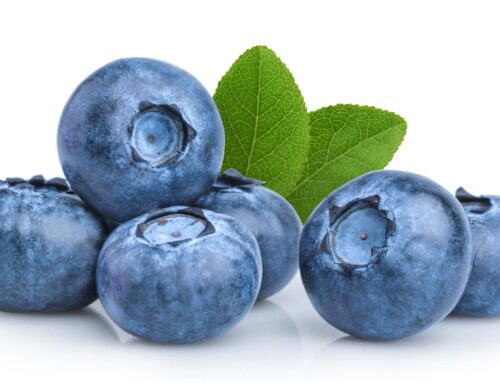
The Ultimate Guide to Edible Oils: Healthier Choices and What to Avoid
6 Healthier Oil Alternatives: Unrefined, Cold-Pressed, and Expeller-Pressed Oils
1. Extra Virgin Olive Oil
Why It’s Healthy: Rich in monounsaturated fats (MUFA) and antioxidants like vitamin E, this oil supports heart health and reduces inflammation.
Best Uses: Great for salads, pasta, bread, and low-heat cooking.
2. Cold-Pressed Avocado Oil
Why It’s Healthy: Packed with MUFA and vitamin E, it has a high smoke point for frying and roasting.
Best Uses: Ideal for sautéing, frying, dressings, and baking.
3. Flaxseed Oil
Why It’s Healthy: A top source of omega-3 fatty acids (ALA) that supports heart and brain health.
Best Uses: Best used cold in smoothies, dressings, or drizzled over cooked dishes.
4. Walnut Oil
Why It’s Healthy: Contains omega-3 fatty acids and antioxidants.
Best Uses: Perfect for cold dishes like salads or drizzling over vegetables.
5. Hemp Seed Oil
Why It’s Healthy: Provides a balanced ratio of omega-3 and omega-6 fatty acids.
Best Uses: Use in dressings, dips, or smoothies.
6. Unrefined Sesame Oil
Why It’s Healthy: Rich in antioxidants and beneficial lignans.
Best Uses: Great for stir-fries, marinades, and low-heat cooking.
7 Refined Oils to Avoid and Why
1. Corn Oil
Why to Avoid: High in omega-6 and prone to oxidation, increasing inflammation.
Common Uses: Fried foods, baking, processed snacks.
2. Soybean Oil
Why to Avoid: Often extracted with chemical solvents like hexane; high in omega-6.
Common Uses: Dressings, mayonnaise, processed foods.
3. Refined Sunflower Oil
Why to Avoid: Loses nutrients during refining and is prone to oxidation.
Common Uses: Frying, baking, packaged snacks.
4. Peanut Oil
Why to Avoid: High in omega-6; refined versions lack nutrients.
Common Uses: Deep-frying, stir-frying.
5. Cottonseed Oil
Why to Avoid: Contains pesticide residues; high in omega-6.
Common Uses: Processed foods, fast food frying, baked goods.
6. Palm Oil
Why to Avoid: High in saturated fat; linked to deforestation.
Common Uses: Packaged snacks, baked goods, margarine.
7. Refined Canola Oil
Why to Avoid: Chemically processed and high in omega-6.
Common Uses: Frying, baking, processed foods.
Key Takeaways
Use These Oils: Extra Virgin Olive Oil, Cold-Pressed Avocado Oil, Flaxseed Oil, Walnut Oil, Hemp Seed Oil, Unrefined Sesame Oil.
Avoid These Oils: Corn Oil, Soybean Oil, Refined Sunflower Oil, Peanut Oil, Cottonseed Oil, Palm Oil, Refined Canola Oil.




